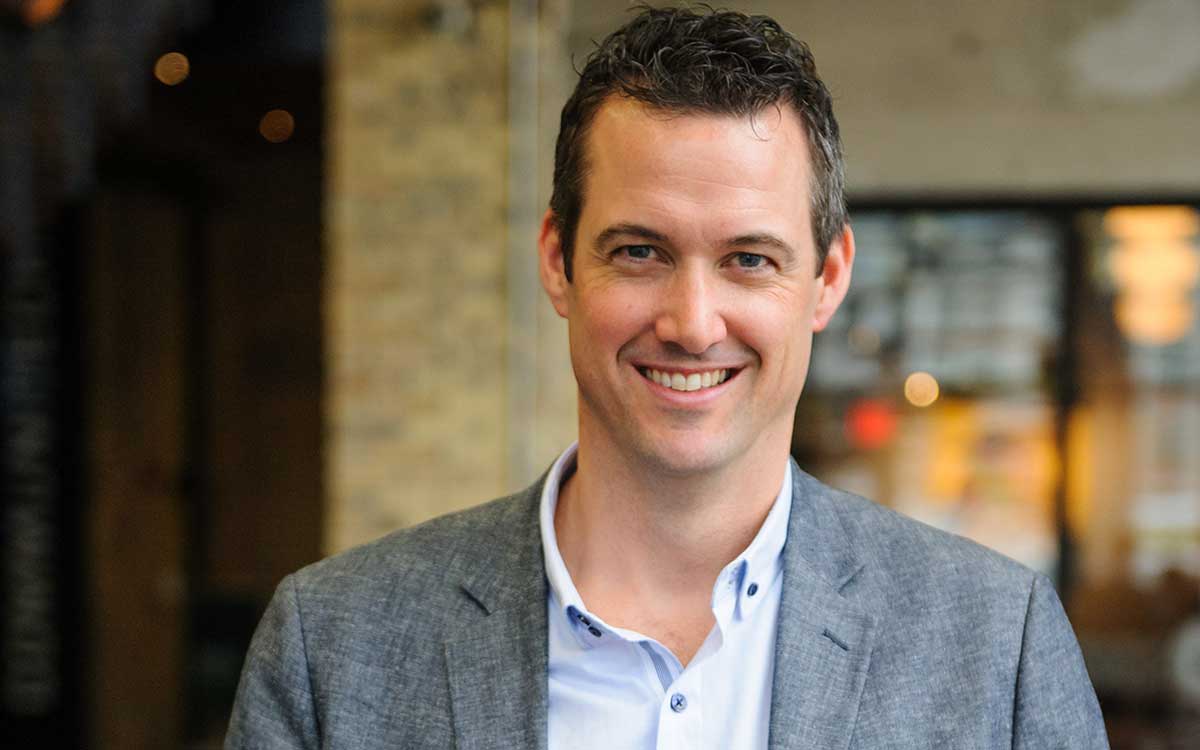
It is what people have been trying to do for as long as humans have existed. Trying to figure out what’s next. As hunters and gatherers, we tried to predict where herds will migrate to, what the weather will be, or where the next dangerous animal will attack from. Eventually we figured out ways to store our food so we didn’t have to rely as much on predicting the future.
As farmers, we predicted weather, seasons, and pests but we tried to find ways to store and process the foods we grew. We tried to use systems and technology so we wouldn’t have to predict the future as much. With the industrial age it allowed us even more freedom to not have to predict the future. We could produce thousands of widgets and wait for customers to come. As long as we continually produced them cheaper, more efficiently, and with minor improvements, the customers kept coming and the business kept growing. With the fourth industrial revolution upon us, the connected age, our world, our customers, and our markets are changing so fast we are back to having to try to predict the future again.
- Peter Drucker
I think there are better ways to spend our time than trying to predict the future. By building processes and skills to be more nimble, flexible, and responsive, companies can be focused on responding to key events quickly instead of guessing about the future and mostly getting it wrong. So how do companies build this responsiveness?
- Constantly talk to current customers, past customers, and future customers. Businesses should always have a mechanism to be talking to people who currently buy your products, those who used to but don’t any more, and those that you would hope to buy your product in the future. By gathering these insights, you can put a comprehensive list of issues and opportunities you need to be thinking about and preparing for.
- Experiment with new ideas constantly. And when you do, don’t throw out the ones that didn’t work. Keep them, or at least document why it didn’t work and what you learned from them. This is vital to keeping the flow of ideas moving and reducing the fear of failure. It’s not a failure, it’s just an experiment that didn’t turn out the way we expected it to.
- Spend time with people from other industries. Many times the challenges you have in your business has been solved by someone else in another industry. Take advantage of this and don’t re-invent the wheel. Take the wheel that someone else has already built, and make it fit your business.
To be clear, as a business you can’t just do this once and expect it to do this once and for the organization to be prepared. These methods must become part of your day to day operations. You should be talking to customers all the time. You should be generating ideas, and testing them regularly, and finally you should always be learning from people/leaders in adjacent industries. These are skills you and your company can get better at, and ultimately generate more ideas, better experiments and more insights from customers.
Don’t try to predict the future, you will almost always be wrong. But you do need to prepare for how the future will change your business and these skills will help you. The closer you can get to responding and reacting to these changes, the better off you and your business will be when that change does occur.

Craig Haney holds a Masters degree from University of Waterloo in Entrepreneurship and has been leading the charge for corporate innovation in Canada for almost 10 years. His work with Canadian Tire Innovations helped launch the corporate innovation program at Communitech. Currently Craig is the Vice President of Europro, a large real estate developer in Ontario.




















